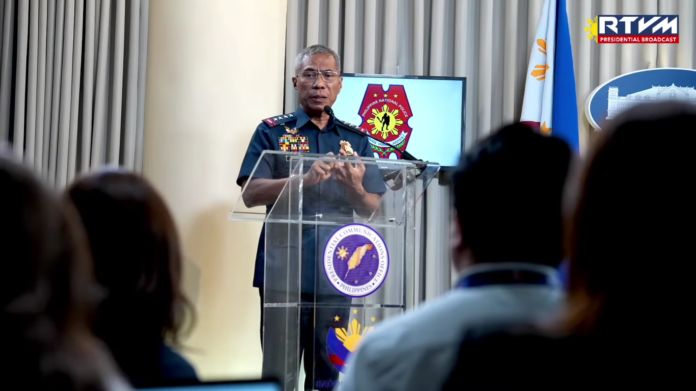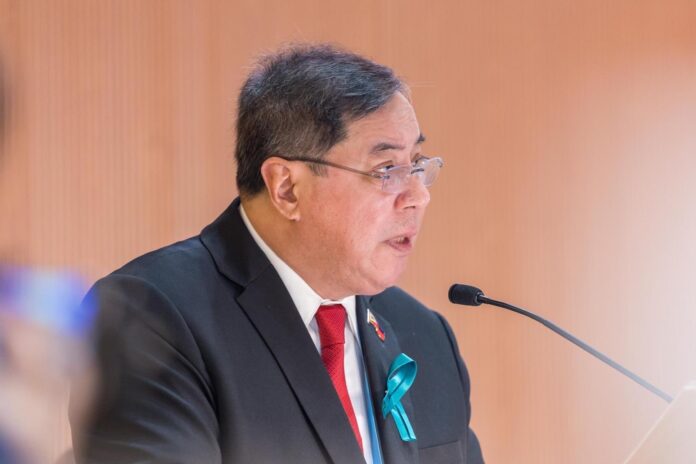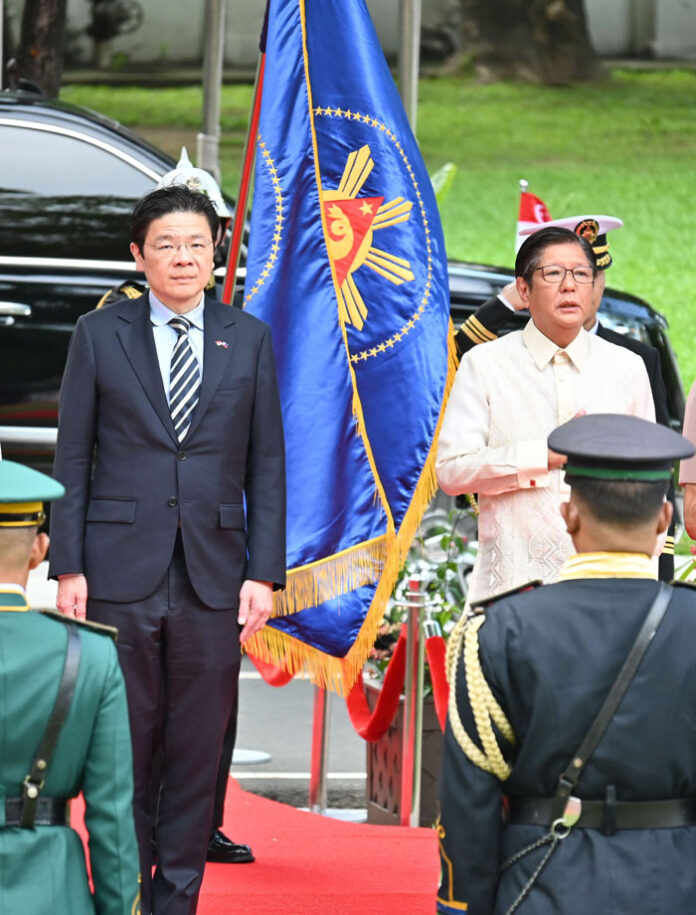Philippine National Police (PNP) chief Gen. Nicolas Torre III dismissed as “sketchy” Vice President Sara Duterte’s criticisms of his appointment and called Mayor Baste Duterte’s remarks as “unsurprising and misinformed.”
“I respect the opinion of the Vice President and the opinion of everyone regarding the things we’ve done during the arrest of Mr. Duterte and his eventual transfer to The Hague,” said Torre.
In an interview aired from The Hague, the Vice President scored Torre’s appointment, linking it to his role in the controversial arrest and remand of her father, former President Rodrigo Duterte, to the International Criminal Court’s custody.
She cited findings by a Senate committee that alleged Torre violated the law in executing the arrest, which she claimed tainted his qualification for the post.
Torre asserted that the Senate committee’s findings do not carry legal weight.
“The Senate committee is (neither) a disciplinary body nor a court that can determine guilt or innocence,” Torre argued.
“The matter is already with the Office of the Ombudsman, and we will respond in the proper forum,” he added.
The PNP chief also responded to Davao City Mayor Sebastian Duterte who accused him of jumping three ranks without merit and labeled him an “attack dog.”
Torre said he respected the mayor’s opinion, but pointed out the apparent double standard in the remark.
“If we rewind a bit to the time of his father, who was the first PNP chief under then-President Duterte?” Torre said.
“That chief was promoted from one-star directly to four-star. Did he question that back then?” Torre pointed out.
Torre, who rose to the top PNP post from a two-star rank, added that the precedent for such appointments existed long before him, emphasizing that his promotion followed lawful procedures.
In a media briefing on Wednesday, Presidential Communications Office Undersecretary Claire Castro responded to Mayor Duterte’s accusations that President Marcos is a “liar” and a “weak” leader.
The mayor made the remarks in reaction to the President’s earlier statements about being open to reconciliation with the Duterte family and other critics.
“Is Mayor Baste Duterte still being noticed for what he says?” said Castro, downplaying the mayor’s comments.
“Can we expect any kind words from him for the President? That kind of reaction was expected,” she added.
Castro clarified that the President never claimed he was offering reconciliation, but rather, expressed openness to it—a key distinction she said the mayor might have misunderstood.
“I hope he listened carefully to every word that came from the President,” she said.
“Mr. Anthony Taberna asked her if he’s open to reconciliation. There’s a big difference between being open to reconciliation and offering reconciliation,” Castro added.
Castro emphasized that President Marcos, as head of state, must be open to reconciliation, not only with the Dutertes, but with anyone who may oppose his policies.
She described such openness as a “hallmark of a responsible leader.”
On the issue of political strength, Mayor Duterte cited the administration’s failure to deliver a 12-0 sweep in the recently concluded midterm elections, calling the President “weak” and “arrogant.”
Castro also rejected this narrative, pointing out that six candidates from the Marcos-aligned “Alyansa” coalition secured Senate seats, while several administration allies also won in the House of Representatives and in local races.
“Six won in the Alliance—that’s not a bad number.,” Castro said.
“So what does the President have to boast about? Six people won against him and many others did so locally and in the House.,” she added.
She further questioned the basis of Mayor Duterte’s criticisms, suggesting he may be surrounded by individuals spreading misinformation.
“It is therefore possible that Mayor Baste did not understand the President’s hint… or he is surrounded by fake news peddlers, she said. That is pitiful,” Castro stressed.









